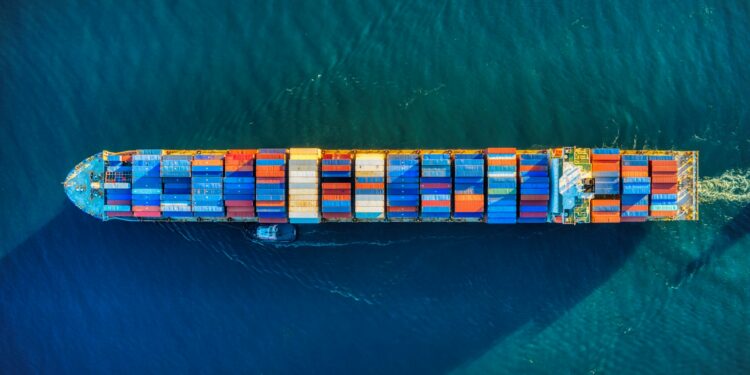
Empty Docks Tell the Story: Import Traffic Plummets at Major U.S. Ports
Across America’s key ports, from Seattle to Long Beach, officials are witnessing a striking slowdown in import traffic. For many Americans, this means one thing: higher prices and potential product shortages.
“I’m looking out at the Port of Seattle, and there’s not a single container ship at the dock,” said Commissioner Ryan Calkins. “It’s rare—and it’s a direct result of the Trump tariffs. This is the real-world impact.”
West Coast Ports Facing Quietest Days Since COVID Lockdowns
Mario Cordero, CEO of the Port of Long Beach, described the slowdown as “dire.” Meanwhile, Los Angeles Port Director Gene Seroka revealed that cargo imports are down 35% year-over-year, adding: “You could hear a pin drop on the docks.”
This dramatic drop is reminiscent of early pandemic-era supply chain disruptions. Now, it’s being driven by tariffs on Chinese goods and other foreign imports—part of President Trump’s ongoing America First trade agenda.
The Ripple Effect: Job Security, Inflation, and the U.S. Consumer
Experts are warning that the slowdown won’t just impact dockworkers. It could drive inflation, reduce inventory for major retailers, and impact hundreds of thousands of American jobs tied to the supply chain.
“This affects longshoremen, freight handlers, truckers, warehouse workers—everyone down the line,” Calkins said. “It’s the steepest drop we’ve seen since the COVID-19 lockdowns.”
Economist: Supply Chain Strain Could Spread Coast to Coast
Ryan Young, a senior economist at the Competitive Enterprise Institute, cautioned that this slowdown will first hit the West Coast and then expand. “Ports in Houston, the Carolinas, and New England will feel it next,” he said. “The entire supply chain is vulnerable.”
Retailers Already Feeling the Squeeze
Port of L.A. Director Seroka warned that many major U.S. retailers are reporting just 5 to 7 weeks of inventory on hand. That means consumers—especially older Americans living on fixed incomes—could see price hikes and product delays in the very near future.
Trump Administration Holds the Line — Trade Talks With China Ahead
Despite the disruption, President Trump has remained firm in defending the tariffs as a tool to restore U.S. manufacturing and independence from hostile foreign powers. Treasury Secretary Scott Bessent confirmed that he and U.S. Trade Representative Jamieson Greer will begin negotiations with China in Geneva this weekend.
China’s willingness to strike a fair deal, however, remains uncertain.
Bottom Line for Americans 50 and Up:
The short-term slowdown at ports may pinch wallets, but for many conservative Americans, it’s a small price to pay for securing America’s economic independence. President Trump’s trade strategy is about putting American jobs and security first—something the D.C. establishment has failed to do for decades.
